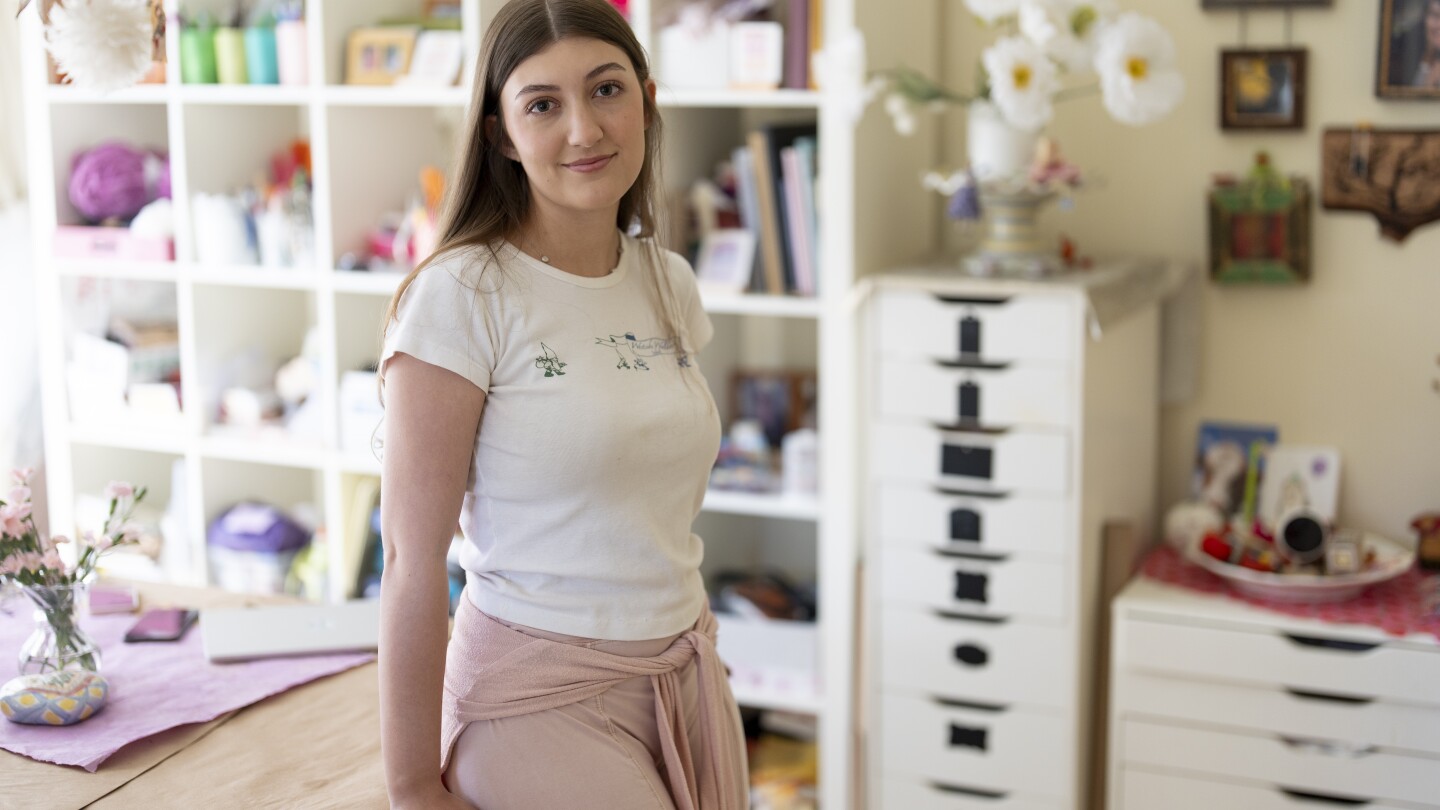A 35-year-old Brooklyn resident gave up buying new clothes. A 22-year old in San Diego swore off retail therapy at Target. A 26-year old in England banned carbonated drinks from her shopping list.
These three women, who don’t know each other, all started the year resolving to spend money only on necessary purchases, or what is popularly known as engaging in a no-buy challenge. The self-imposed rules of the challenge are simple: participants pledge to stop buying non-essential items, be they unneeded shoes, additional beauty products or other impulse buys for a set amount of time, usually 12 months.
What started several years ago as a blogged-about experiment in budgeting and mindful spending has become a popular trend on social media. A Reddit group where people share their experiences has 51,000 members. The challenge primarily gained popularity on TikTok, where some videos of users seeking to hold themselves accountable get hundreds of thousands of views.
So if you’re trying to save money and be more financially responsible, great!
If you’re doing this because of guilt over climate change: eh probably not relevant or that helpful. That’s just self-imposed austerity measures which only hurts the people while the billionaires and corporations keep polluting. Now if a LOT of people do this as a boycott, then that’s great. But any less than a huge % of people and the corporations won’t give a shit as it won’t move their bottom line.
I’m sure everyone choosing to do this has their personal reasons. Personally it reminds me of why certain people go vegetarian/vegan: they think this kind of consumption is bad and they’re trying to resolve cognitive dissonance. It’s a way of creating new habits that more closely align with their values.
Another way it has vegan/vegetarian parallels is the social effects. Tips and tricks you find of social media can make it easier to do. If you’ve been thinking about taking the pledge then seeing it on social media can act as a reminder. Lastly, if enough people do it then it gets easier. But nothing groups, clothing swaps, etc. makes it easier for other people to participate in a virtuous cycle.
I doubt this will move the bottom line, but I do think it’s a good thing and it doesn’t need to be wide spread to bring value to people participating
I’ve been doing this for years, sort of…
I rarely buy anything new. Computers, TVs, sound systems, vehicles, furniture, clothes are all thrown away at an alarming rate.
I can save money and not contribute directly to the destruction of our planet that way.
I also grow a garden, but being Canadian that doesn’t really work all year.
You underestimate shareholder anxiety. Quarter over quarter losses will drive internal panic. Yes, a lot of people will send a big message right away, but bean counters can’t help but look to the future and see a non sustainable path as single shoppers walk away. Having even a single consistent percent drop would start a freak out after 3 quarters. A whole year of dropped numbers? Huge.
Companies die by a thousand cuts. We each only need to make one.
The only way to get a LOT of people is if they are willing to do it on their own. Saying it’s worthless as an individual only discourages any effort at all that, for all we know, could snowball into a much bigger movement.
If you’re doing this because of guilt over climate change: eh probably not relevant or that helpful. That’s just self-imposed austerity measures which only hurts the people while the billionaires and corporations keep polluting.
Why do you suppose these companies are polluting? It’s to profit from satisfying consumer demand.
This is like the argument about eating meat being perfectly fine because the animal is already dead. In this situation, if the goal is to reduce animal deaths, the consumer needs to stop playing a part in creating demand.
We are all perpetuators of the system, blaming all problems on corporations and absolving oneself of blame isn’t going to solve our problems.
‘no-buy year’ because overspending caught up with them?
I just call that being broke. Been doing it for years.
I thought we called this being frugal but ok
Yeah, but now it has a confusing non-literal name that can be shared as a hashtag!
some videos of users seeking to hold themselves accountable get hundreds of thousands of views.
Such selfless devotion to environmental conservation…




